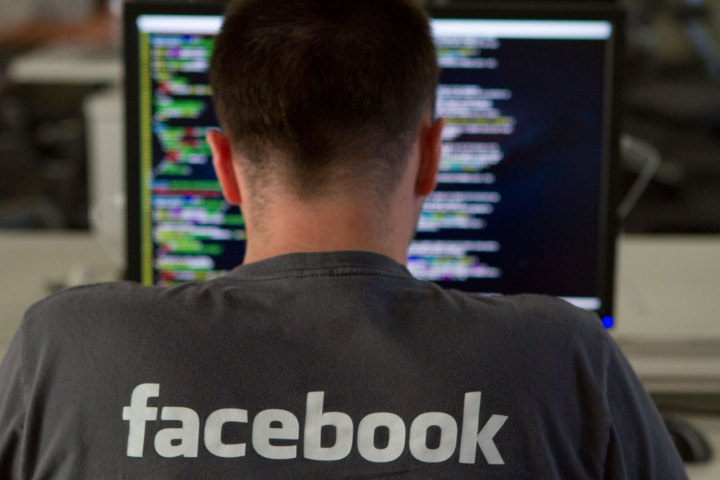
Both Twitter and Facebook were bombarded with accusations by users claiming they were being restricted from sharing posts regarding the DNC email dump. Wikileaks made reference to the allegations in a series of tweets that also contained instructions detailing how users could dodge the obstructions.
For those facing censorship on Facebook etc when trying to post links directly to WikiLeaks #DNCLeak try using https://t.co/2b9Kn1RITr
— WikiLeaks (@wikileaks) July 24, 2016
Whereas Twitter flat out denied the assertions against it, calling them “uninformed,” Facebook has landed itself in a sticky situation by admitting to temporarily banning the links.
The social network’s CSO Alex Stamos replied to a user on Twitter, who claimed that Facebook’s algorithm may have been denoting the links as spam or malicious content, by stating that the issue had been “fixed.”
@SwiftOnSecurity @wikileaks It's been fixed.
— Alex Stamos (@alexstamos) July 24, 2016
In a statement, a Facebook representative clarified the ban as an accident. “Like other services, our anti-spam systems briefly flagged links to these documents as unsafe. We quickly corrected this error on Saturday evening,” said the spokesperson.
The incident is the latest in a string of controversies regarding the censorship of content on Facebook. Earlier this month, the social network came under fire for temporarily removing a graphic clip depicting the death of Philando Castile — who was shot several times by a police officer during a traffic stop in Falcon Heights, Minnesota, and later died from his wounds.
In May, Facebook faced the biggest challenge to its status as a self-professed, unregulated news platform after a report citing its former employees claimed that an editorial team, not an algorithm, was curating its trending topics feed.
Editors' Recommendations
- Facebook, Instagram can soon actively search for — and block — stolen images
- Facebook removes fake accounts and pages linked to Roger Stone
- Facebook takes down misinformation networks linked to QAnon
- Millions of phone numbers linked to Facebook found in exposed database
- Facebook admits it was listening to your private conversations, too


